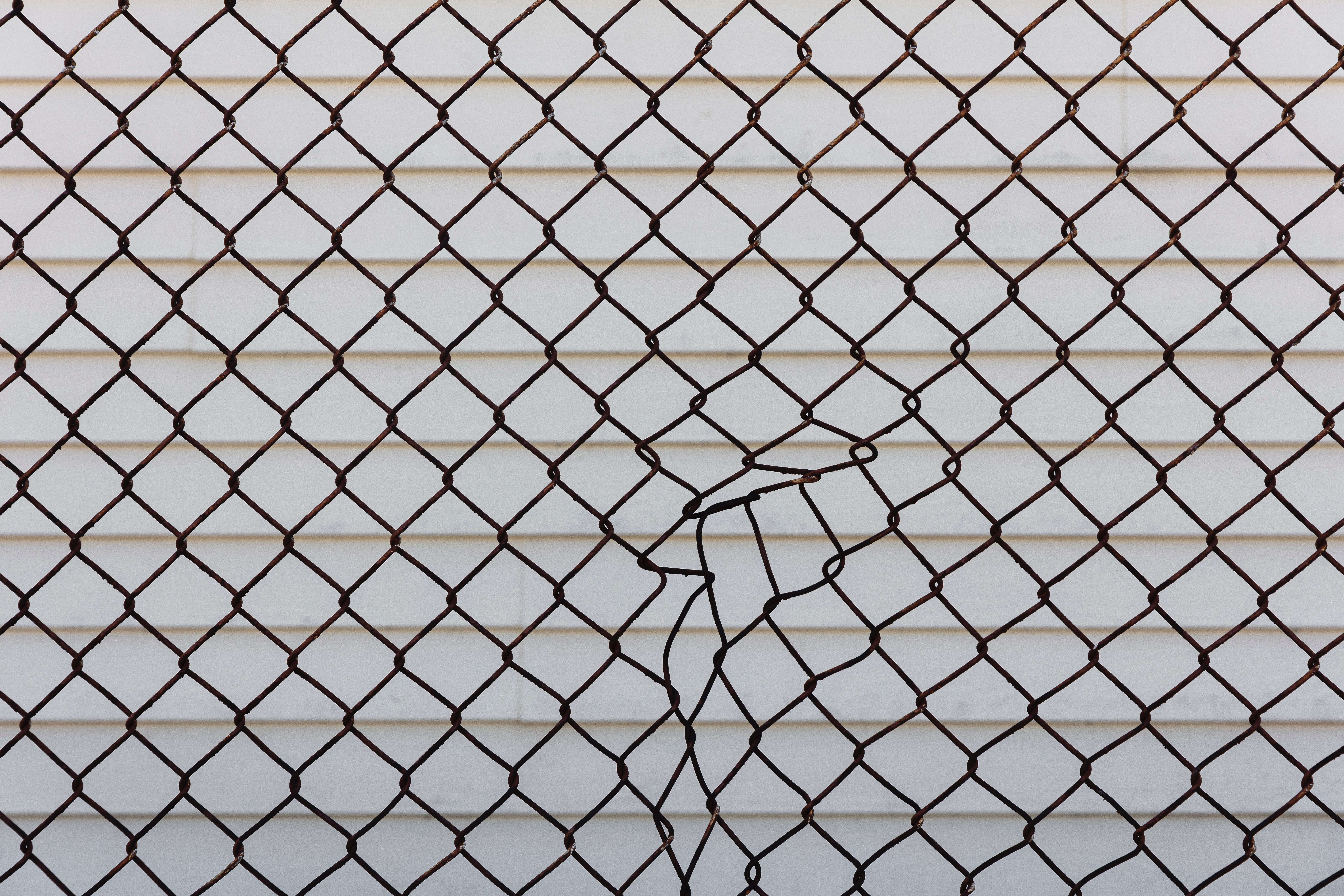Recently I’ve had cause to reflect on The Lord’s Prayer. As a former Catholic, I prayed it often, and recently I was struck by the phrase “Forgive us our trespasses as we forgive those who trespassed against us.”
Younger me took this injunction to God as a goad to my sense of deep shame. I’d better forgive everyone quickly so that God forgives me for all my sin!
Having stepped away from that practice and returning to the text, the word “trespass” intrigues me. I do not know the original text, or what word was used here, or what it might have meant. But in the English language “trespass” has multiple meanings of crossing moral lines, causing injury, and encroaching on property that does not belong to us.
In contemporary popular psychology, this fits neatly with the harm as a crossing or violation of boundaries. Most violations of boundaries engender a harm: to break into someone’s house, to assault them without consent, to take up personal or emotional space and deny them the agency to set their own limits.
As an aside, though I am using “harm” generically here, I think it is deeply important that we make the effort to be specific in our naming of harms. Simply saying that a person has done harm is not workable. Workability may not be your goal, but if accountability is at all possible, it is worth being as clear as possible what the harms have been.
In reading Isabel Wilkerson’s Caste, I connected to a quoted passage from Hanif Abdurraqib’s column at Pacific Standard, “Why Do We Expect Victims of Racism to Forgive?” There is so much that is worthy in this column, but for the purposes of this post I want to call out the following:
Of course, to deny forgiveness is not the same as to wish someone ill. Rather, it is denying a perpetrator the opportunity to feel absolved for their misdeeds. Forgiveness is, in part, an internal process, something that each of us arrives at on our own time and through our own means. To express that forgiveness out loud can certainly be healing, but it’s also an exercise that works for the benefit of the perpetrator. There is no honest healing in absolving someone who has done you harm if you don’t feel they deserve absolution from you.
– Hanif Abdurraqibg
If trespass is a metaphor for harm, then there is little merit in forgiving a trespasser who remains in your territory without your consent. Such forgiveness tends to be more from the self-preserving impulse of people pleasing, or “fawning,” to survive by trying to align one’s self with the will of the one who harms you.
When the harmer pressures the harmed into forgiveness or reconciliation, that’s often a sign that they still do not respect the harmed one, or understand the harm done. Reconciliation without genuine accountability from the harmer tends to set one up for being harmed again.
When the trespass is corrected—everyone is back within their own appropriate boundaries, and respecting each other’s—then the harmed person can have the space to work through their feelings and determine whether forgiveness or reconciliation is worthwhile.
Forgiveness is never owed, but the person harmed may one day find it to their benefit to forgive, if only to let go of the pain and anger, which can be their own hooks that keep us bound to the harmful person. Whether through vengeance, pleading, pleasing, or desperation, our efforts to repeatedly have our hurt recognized, validated, and understood by a person who repeatedly demonstrates their inability to do any of those things becomes a form of self-harm.
When I think of forgiveness, I think of accepting the person as exactly who they are, accepting myself for the ways I participated, and finding the right boundaries I need to have peace within myself and between myself and the one who hurt me.
Reconciliation is not required for forgiveness. You may decide reconciliation is the right move, or you may never welcome that person into your life again. Whatever brings you to peace and security is right.
And now I feel I can offer that forgiveness and want the same in return—for those hurts I cause to be forgiven in a way that allows space and distance needed for the hurt person to be at peace, and to make amends and take accountability as needed.
If the person who caused harm is struggling with not being able to control whether forgiveness and reconciliation will happen, the best practice would be to continue to work on themself and explore how their behavior contributed to these circumstances, and to respect the boundaries of the person they hurt. Eventually they may prove themselves to have become a safe and honorable person, but if all you can do is never cause that harm again, that would be a beautiful rose growing from the pile of manure of what happened between you.










